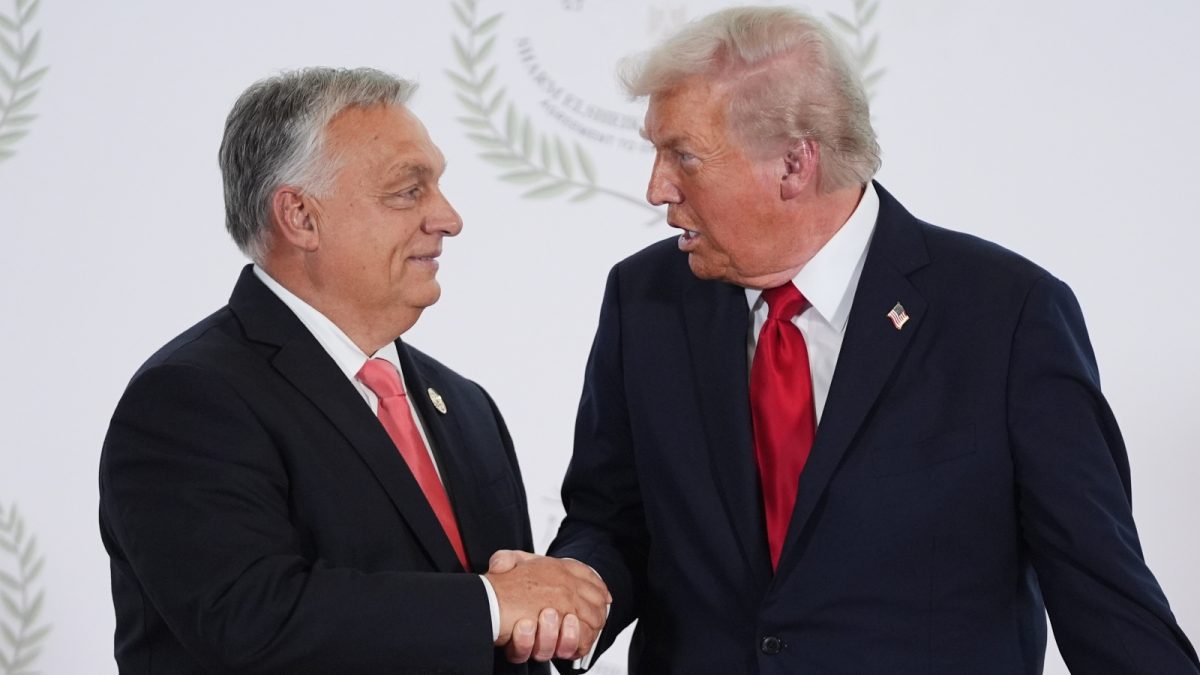ARTICLE AD BOX

Parents–Teacher Meetings are a very important part of a kid’s as well as their parents’ lives. They help reflect on kids’ actions and how they’ve been behaving in the class. PTMs are important not only to understand the grades our kids are scoring but also to understand their behavioural patterns in the classroom.
Here’s a look at 5 things that parents should never ask at a PTM:“Why is my child not like other kids?”Comparing your child to others can create unnecessary pressure and harm their confidence. Every child learns at their own pace, has different strengths, and develops differently. When parents ask this question, it shifts the discussion from growth to comparison, which is not helpful for the teacher or the child. Instead, PTMs should focus on understanding your child’s unique abilities and identifying ways to support their individual learning journey.
“What grade will my child get in the final exam?”Teachers cannot accurately predict future grades, and this question pushes the conversation toward outcomes instead of understanding the learning process. PTMs are meant to highlight current progress, learning gaps, and strategies for improvement. Asking about future grades can make the meeting feel like an evaluation rather than a collaborative discussion. It’s more productive to ask how your child can continue improving or what specific skills they need to work on.
“You must fix my child’s behavior.”Placing full responsibility on the teacher oversimplifies the child’s behavior and disregards the important role of home environment and parental guidance. Behavior is shaped by both school and home influences. When parents demand that the teacher “fix” a child, it creates unnecessary blame rather than partnership. A better approach is to work together to understand triggers, patterns, and consistent strategies that both school and home can apply to support the child.“Is my child the best or the worst in class?”Questions like these promote labeling and comparison, which can negatively affect a child’s self-esteem and motivation. PTMs should focus on a child’s growth over time, not on ranking them against classmates. When parents ask this, it sends the message that external comparison is more important than personal progress. Teachers are more equipped to discuss strengths, challenges, and improvements rather than place a child on a scale of “best” or “worst.
”“My child says you are unfair or strict, why?”Starting a conversation with accusations can create tension and prevent constructive dialogue. Children often express emotions from a single difficult moment, and their perspective may not include the full context. Asking the question this way can make teachers defensive, reducing the effectiveness of the meeting. A more productive approach is expressing concern neutrally and inviting discussion, such as asking if there were any recent challenges or misunderstandings the teacher has noticed.

 1 hour ago
4
1 hour ago
4








 English (US) ·
English (US) ·